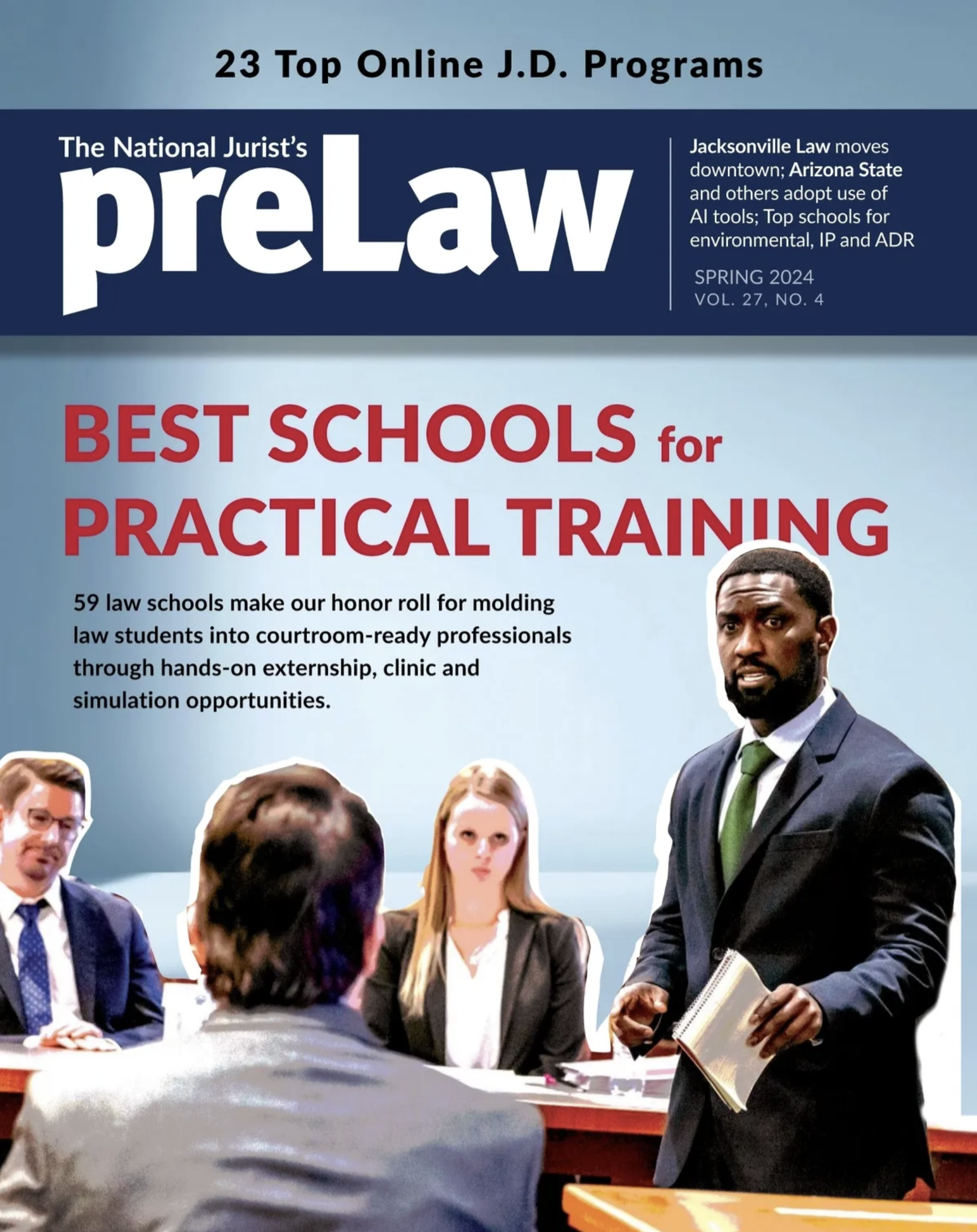“Applying to law school is just like college, right?” asked Daniel, a junior, who is applying to law school next year.
“Kind of—but there are actually some big differences you should know about,” I told him. “Watch out for the differences, which could potentially mean the difference between being admitted or not, or getting scholarships.”
Rolling Admissions: When you apply to college, there are usually set application deadlines. It’s usually okay to apply on or close to the deadline. There is an early decision and/or early action deadline, and a regular decision deadline. Law schools operate on a rolling admissions cycle which runs from September 1, all the way to March, April, May or beyond, depending on the law school’s deadline. I would advise pretty much ignoring those final deadlines. If you wait until spring to apply, most or all spots might be filled, scholarship funds could dwindle, and the school could be moving to its waitlist. Try to get all applications in to all of your law schools by Thanksgiving, to be in the earlier part of the rolling admissions cycle.
Standardized Test Scores: When you apply to college, you usually have a choice of which standardized test scores to send in. You might have tried both the ACT and SAT and taken it several times, sending in your highest scores. In law school, except for the score preview option, which you can select for an extra fee, to decide if you want to keep your first LSAT score on record, all scores are reported to every law school you apply to. Therefore, it’s probably not a good idea to take the test until you are ready, and not plan to repeat it over and over, as your scores might go up—but they also might go down. Either way, they will all be reported, although the schools will focus on your highest score. The GRE is now also an option, so there are two choices of standardized tests, but it is not accepted by all law schools.
Activities and Internships: When you applied to college, your guidance counselor might have told you to have sports, clubs, internships, community service, jobs, and other related experience. These are still important for law school. However, it is not mandatory to have, for example, a legal internship or job on your resume before you apply to law school. I have seen applicants panic because they thought it was absolutely required that they get a legal internship before they apply to law school. It’s great experience and will look good on your resume, but it is more for you to gain experience and see if you would like law school than anything else. I’ve had applicants apply with very divergent majors, activities and experiences, some of which had absolutely nothing to do with law or law school, and did well in the admissions process.
Rankings: In High School, you may have been extremely focused on rankings. This is important in law school as well. However, I would argue that it’s sometimes potentially more important to focus on where you want to live and work after graduating from law school, and what type of legal job you will be seeking. The rankings can fluctuate a lot from year to year, anyway, so the school you attend could be ranked very differently by the time you graduate. A great resource to focus on in addition to rankings is the online ABA Standard 509 Disclosure Report for each school, which will give you data on the recent graduate employment rate, top three states graduates are employed in, bar pass rate, scholarship retention rate, and other information.
Application Differences: In college, you were probably using the Common App for many schools. For law school, there is not a common application. The applications are very similar. However, there are some differences. Some law schools allow two recommendations while others let you submit four. Some schools have specific limits for the personal statement while others do not. So pay attention. You may not be able to submit the same exact essay or same number of recommendations for each school.
Hillary Mantis advises pre-law students, law students and lawyers. She is Assistant Dean for the Pre-law Program at Fordham University and author of career books. Admissions questions? You can reach Hillary at altcareer@aol.com.







